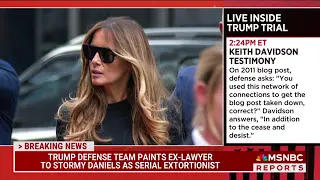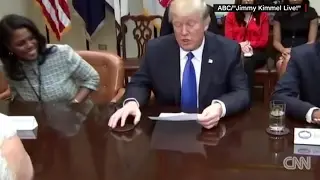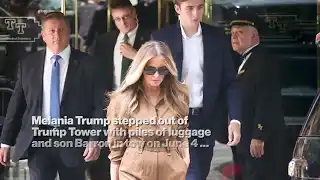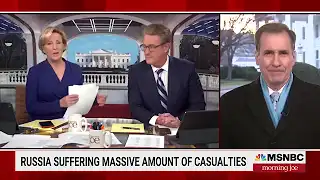During the tumultuous Trump presidency, the personal lives of the First Family frequently intertwined with the operations of the White House, often blurring the lines between professional duties and private relationships. One of the more intriguing and less scrutinized stories involves Tiffany Trump, the youngest daughter of former President Donald Trump, and her alleged closeness to a Secret Service agent. As we delve into these reports, we must consider what these relationships say about the culture and ethical standards within the Trump White House, and how they might have influenced both public perception and internal operations.

Tiffany Trump’s Secret Service Connection: What Really Happened?
In her book, Zero Fail: The Rise and Fall of the Secret Service, Pulitzer Prize-winning journalist Carol Leonnig sheds light on the potentially compromising situation involving Tiffany Trump. The book reveals that Tiffany, following a breakup, began to spend an unusual amount of time with a Secret Service agent. This growing familiarity raised red flags among Secret Service officials, who then reassigned the agent to maintain professional boundaries.

Leonnig recounts that both Tiffany and the agent denied any romantic involvement, and Tiffany’s spokesperson quickly dismissed the rumors as baseless gossip. However, the need for the agent’s reassignment suggests that those within the Secret Service felt the relationship could compromise their professional integrity or lead to perceptions of favoritism and impropriety.

The Trump White House: A Pattern of Questionable Relationships
This was not an isolated incident within the Trump family. Vanessa Trump, the ex-wife of Donald Trump Jr., was also romantically linked to a Secret Service agent after her divorce in 2018. Unlike the case with Tiffany, the agent in Vanessa’s situation faced no disciplinary action, as Vanessa was no longer under the protection of the Secret Service. These interactions underscore a recurring theme of blurred lines and potential conflicts of interest within Trump’s inner circle.
Historical Parallels: The Case of Susan Ford
Interestingly, this is not the first time such a relationship has emerged within the confines of the White House. A notable historical precedent occurred during the Ford administration. Susan Ford, daughter of President Gerald Ford, formed a romantic relationship with Secret Service agent Charles Frederick Vance. Their marriage in 1979, while Vance was no longer on duty for the Ford family, was viewed with a degree of scandal given Vance’s significant age difference and previous marital status.
These historical and contemporary parallels highlight the unique pressures and dynamics at play within the lives of those closely associated with the presidency. It raises important questions about the ethical guidelines and professional boundaries that should govern relationships within such high-stakes environments.

A Deeper Look: Ethical Implications and Public Perception
The recurring theme of intimate relationships between members of the Trump family and their Secret Service agents calls into question the ethical climate fostered during Trump’s presidency. The Secret Service is tasked with the critical and highly sensitive role of protecting the First Family, which necessitates maintaining a strictly professional and unblemished standard of conduct.
Allowing or even tacitly condoning these close relationships can undermine the objectivity and operational integrity of the Secret Service. It creates a perception, fair or not, that personal connections could influence security protocols or decision-making processes. This potential for perceived bias and the breakdown of professional barriers reflects a broader issue that plagued the Trump administration: a frequent disregard for the established norms and ethical standards that safeguard democratic institutions.
Conclusion: Reflecting on the Trump Era
As we reflect on the Trump presidency, the stories of Tiffany and Vanessa Trump’s relationships with Secret Service agents serve as microcosms of the broader ethical challenges that characterized Donald Trump’s time in office. They highlight the complexities and sometimes contentious dynamics within the Trump family, while also drawing attention to the need for rigorous ethical standards and professional boundaries within the highest levels of government.
Ultimately, these incidents reveal much about the Trump administration’s approach to governance and personal conduct. For a presidency that frequently blurred the lines between personal interests and public duties, the stories of Tiffany and Vanessa Trump stand as testament to the broader narrative of an era marked by controversy and ethical lapses.











Discussion about this post